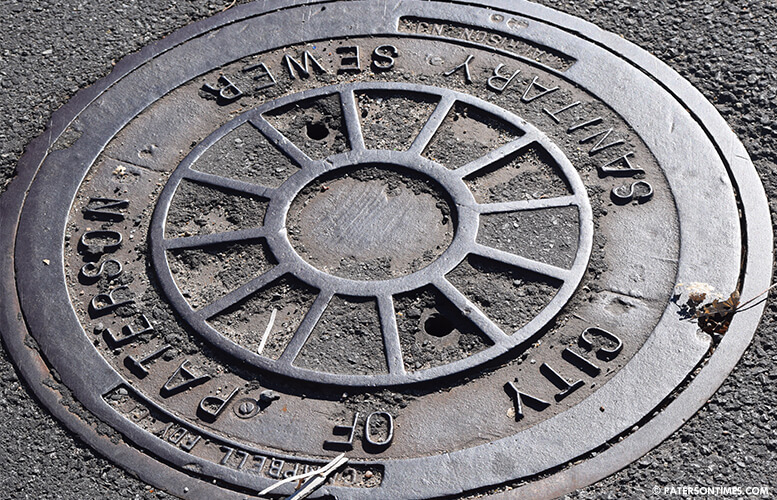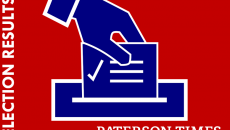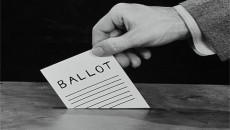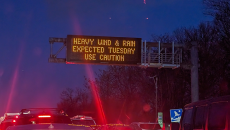Three measures were passed by the City Council on Tuesday night to create a sewer utility, change the way sewer fees are calculated, and raise $3 million in revenue through a one-time bill.
The most contentious measure in the package was sending out a supplemental sewer bill. Some council members criticized the “money grab” by mayor Andre Sayegh’s administration over the past month.
“I feel like this is just wrong,” said Shahin Khalique, 2nd Ward councilman. He viewed the fee increase as just another tax on homeowners.
The supplemental bill will collect $1 million from residential and $2 million from non-residential ratepayers.
Sayegh administration officials said the state required the city to send out the extra bill to collect half of the $5.61 million (including debt service for combined sewer system (CSO) upgrades) sewer deficit from ratepayers.
It will cost $17.6 million to run sewer operations in fiscal 2019. The city will collect $12.8 million from ratepayers. These figures do not include debt service for CSO upgrades.
Without the extra bill, the city would lose $2 million in transitional aid. The state is providing the city $33 million for fiscal 2019.
“I’ll go for that deal every day of the week,” said William McKoy, 3rd Ward councilman. He explained residential users are giving $1 million for a $4 million return.
70-percent of all residential ratepayers will have to pay $40 to $60 in the supplemental bill.
McKoy said it’s a “marginal” charge for a big return.
“I believe this is the right thing to do,” said Flavio Rivera, councilman at-large. He had intended to vote against the extra bill measure, but had a change of heart after a trip to Trenton to meet with officials from the New Jersey Department of Community Affairs (DCA).
The supplemental bill measure was passed in a 7-1 vote. Khalique was the sole vote against. Michael Jackson was not present during the vote.
Council members passed the other two measures without opposition.
Municipal officials said the sewer utility will allow the city to correctly bill users in neighboring towns.
The utility is largely a paper project that allows the city to separate the sewer revenue and expenditures in a separate bucket. This will mean sewer ratepayers, rather than homeowners, cover the expenses of running the sewer system.
“We may be creating another monster,” said longtime resident Thomas Fuscaldo during the public hearing on the measure. He worried it will turn into another authority, like the Paterson Parking Authority.
“We’re not creating a separate entity. We’re not creating a separate layer of government,” replied Rivera. “It’s just we have a separate set of books for our sewer operations — the accounting is separate that’s the only thing.”
The measure creating the utility was passed in an 8-0 vote. Jackson was not present during the vote.
The third measure to bill ratepayers based on meter size and usage was also passed in an 8-0 vote.
Email: [email protected]



